A story contest wanted a sci-fi piece derived from your favorite sci-fi novel, and you had to use the title of that novel in your opening sentence. Here is my rendering of what Winston’s life looked like after his arrest and re-education in 1984.
DAVID
By David Walls-Kaufman
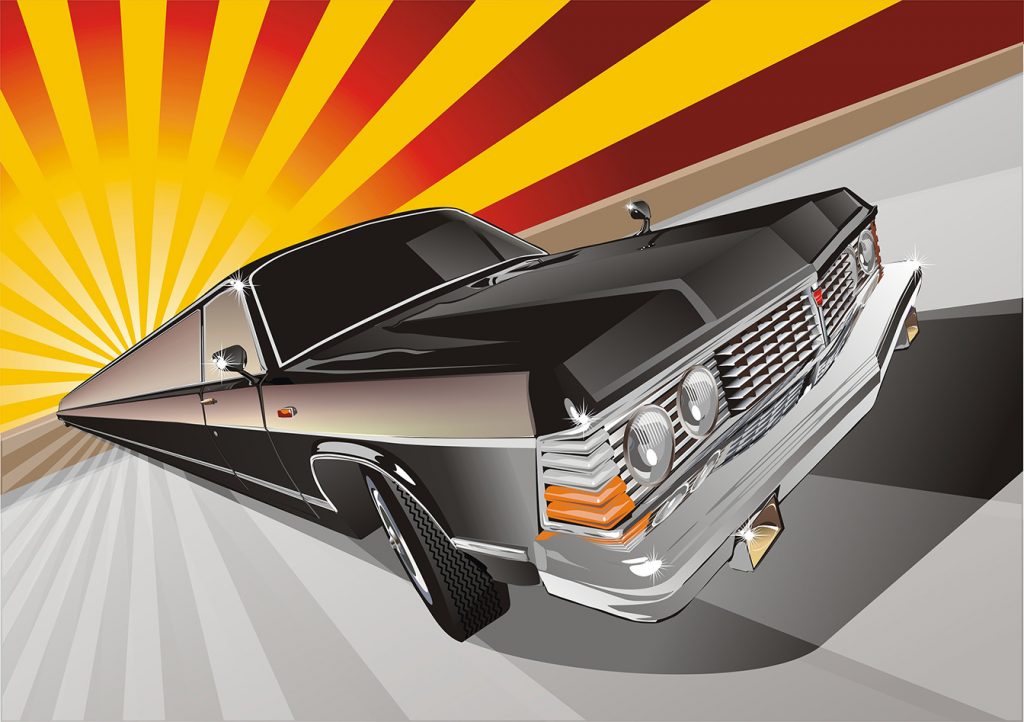
In 1984 they arrested me.
In 1987 I got out of reeducation.
I didn’t actually learn anything in reeducation. Of course I could repeat by rote every lesson they “taught” me. It isn’t teaching. It is hearing the same things over and over. Until you cringe in all your being against anything different.
But me, I was overhandled past terror, to numbness. I really don’t care. Yes, I learned my lesson. But I also understand them now and know they have nothing to fear from me because I am broken by the experience of how cunning they are. I know they are reading these writings, these scratchings. I leave them out for them to find. They know I am only escaping into thought without hope of eluding or challenging them. Once they see this defeat they drop you from mouth like a bored carnivore to sulk off and dominate some other creature until it is killed or shaken useless.
I work mornings then sit hours in my same flat.
I returned to that meditation in a cell in front of the disc.
I returned to eat cabbage and bad-smelling sausage at the cafeteria in the square. But I was re-assigned from the Ministry of Truth. I now work in the Department of Public Works, in refuse collection, with others on work release.
I never see Julia, of course. And I don’t write in public.
I may mull over a thought as I sip a beer from my Four Ration per week. But I carefully wrap that thought and take it home with me to lay it out and examine it on the paper; see how it fits, or blooms, or moves. The pages are my only friends. People know what I did. For that they whisper and keep good distance.
And so it was a surprise the day the long, black, polished Spechyzia pulled up beside my cafe table as I sat in the December sunlight with my beer. Four other patrons shrank, wondering what big oafs might jump out to grab us. The windows are always dark tinted in official limousines. The Spechyzia idled, a feathering of exhaust regularly pulsing from the tailpipe in the frosty air.
And I—I, amazingly, feared nothing.
Then O’Brian stood, looking over the bonnet straight at me.
O’Brian. Of all the people in their world. Remember? The official who sent me and Julia up. The man I thought owned a far-away look during Ministry speeches that made me imagine he might sympathize with my cooped-up hostility? The man who exactingly supervised my early phase reeducation.
The breeze touched his sandy hair. His handsome face smiled.
Smiled of all things.
“Would you like to get in?” he asked.
The doors shut snugly around O’Brian and me.
The driver turned smoothly toward the Avenida Populi. The Ministry buildings loomed like cliffs in the low winter sunshine.
“I’ve always wondered about you, Winston.”
I didn’t know what he meant. Did he wonder if I was cured? Had they picked me up because they didn’t even want me writing my harmless drivel lest someone find it? This was the only thing I could imagine they would object to since they knew they had won given how they know everything of the human psyche.
“How’s life on the . . . outside?”
His mouth smiled affectionately across his square jaw.
I nodded. He knew what I did.
“Do you tire smelling of putridity?”
For some reason, this cut. Maybe all of us no matter how low we sink we keep a certain vanity for how others perceive us. We passed a main battle tank and the tank crew, seeing the Spech, snapped a crisp salute and boot click.
“I’m offering you a way out, Winston.” The orange of the sun caught his handsome profile. “I’m sixty-one. You are—thirty-one.” He tucked his head just barely toward me as if to better see to the backs of my eyes. “You’ll never have to lift another pail of shit.” He pouted at the significance of the offer.
“I’m not a homosexual,” I said defensively.
He altered the pout. “All the more fun for me.”
I looked away. “You tortured me.”
“What was I supposed to do? We always had a fondness for each other.” We were passing Parliament Complex. Several platoons of tanks lined the Avenida, and a handful of Spechyzias, some parked, some moving. Otherwise the Avenida was barren as usual, waiting for the next Pageant Day.
“You won’t be the only one. I have other—friends.”
I tried to grasp all that this meant. My mind opened a stagepiece in which he and I lay afterward across a comfortable, tousled bed with a splash of morning sun. We were somewhere tropical. I imagined I still felt his presence behind, up me. My mind created the indignity of the moment and arranged a query on whether I could take it.
I didn’t look at O’Brian. “Why me?”
O’Brian frowned. Either he nodded or our course over some cobbles made him seem to nod. “We have a history, you and I.”
You have to wonder about really smart, powerful men. Even if they are married, sometimes you never know. And the offer still made little sense. I looked older after three years in reeducation. These morbid thoughts sickened me.
“I travel a great deal,” O’Brian told me. “All over the world. The best resorts for the top Party officials. I have three homes in the country. Two abroad. The old Italy. The old Libya. And all you have to do is come along.”
Indeed. What did I have to take along from my cell with the disc?
“Is this the next step in my punishment?”
He almost chuckled. “Does it sound like a punishment?”
True. What would be the goal? How would they know when I was fixed?
“Is this punishment for my writing?”
“I don’t give a damn about your silly writing, Winston. The writing makes you more vulnerable, frankly.” He looked out the window as if checking our progress. “Pull over at The Palm.” The Spech turned into the Latin Quarter behind the Parliament Constabulary where two armed soldiers kept vigil at every lane leading in. The Spech trundled over the cobbles and pulled up in front of The Palm. Potted palms nodded in the breeze and torchlit sconces flickered in the mirror-finish granite walls. Broad slide-open bays lined an elegant terrace, revealing tables dressed in sharp linen lit by candles even at this hour, and a swift-footed waitstaff clad in white buss-coats making ready for a busy evening. O’Brian’s driver opened the door for me.
I wondered if he knew of O’Brian’s foul proposal. I checked his face but his gaze was averted so that I divined nothing.
I put one foot out and took a moment studying the scene.
____
I became acquainted with that Other World.
I don’t mean the Other World of homosexuals, but the Other World of the Party elite. They are not the same as you or I. They have more power.
It was true what O’Brian admitted to me. They do little work. And when they are away, which is most of the time, managing their world from more pleasant climes, they nose like hummingbirds along a delightful archipelago of resorts whose views take in the best topography and color our world has to offer.
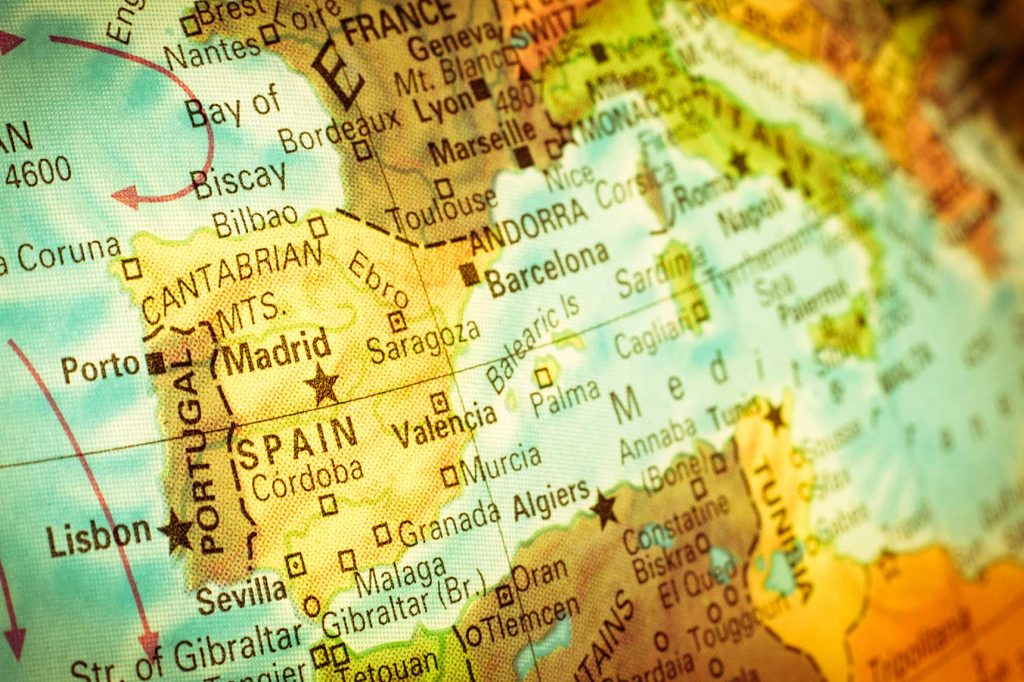
We started in Gibraltar where he had an international conference. He kept me fairly well hidden in our pension high on the Mediterranean side. Gibraltar has the macaques. I had never even seen a monkey. Or a cable car. Then we took the overnight ferry to Málaga. We dined with the Captain. He never looked once at me. The man was frightened, but he stuck by his old world puritanism, though he had the head to keep the bias tight to his chest. Through dinner I dared him to give me a cross look. He refused. Our Gibraltar departure was delayed almost a day for a broken engine. O’Brian let the Harbor Captain understand his mood, but there was a coincident train problem that hampered the arrival of a replacement used carburetor.
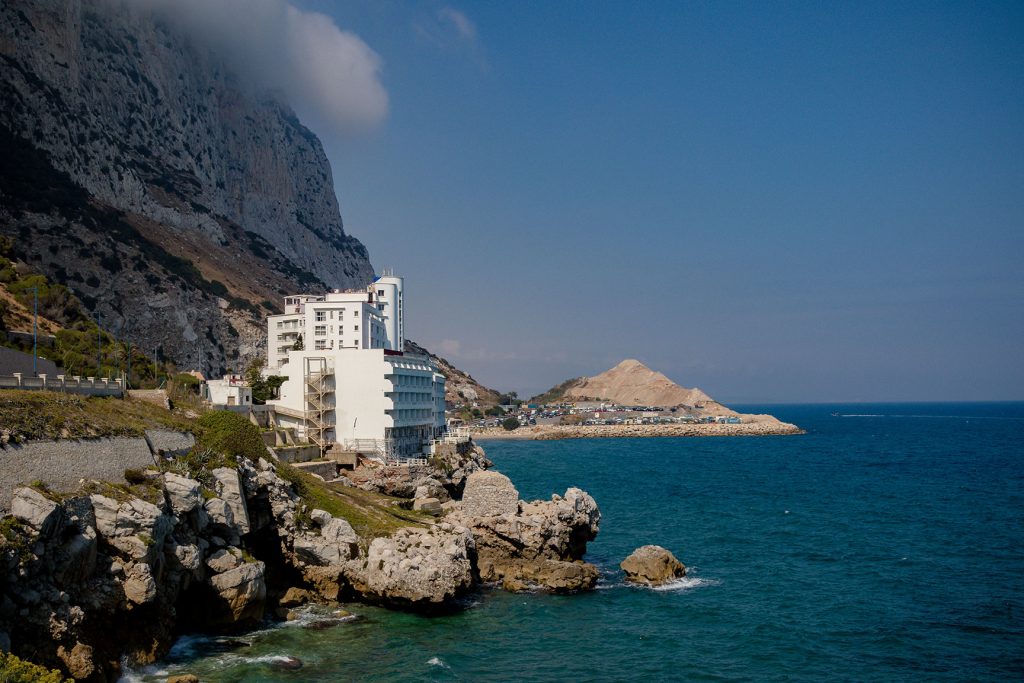
I remember the expression on the Captain’s face half-hiding himself in the door of his bridge when O’Brian and I lurched down the gangway. It was so top-heavy that we descended first and let the Moroccan bearers follow after with the trunks. I bet he wished we’d fall, except then O’Brian might cast blame and make a reprisal. Málaga was a beautiful limestone city and the sea luminous. The water was so clear a fishing trawl appeared to float in the air above its shadow on the sand.
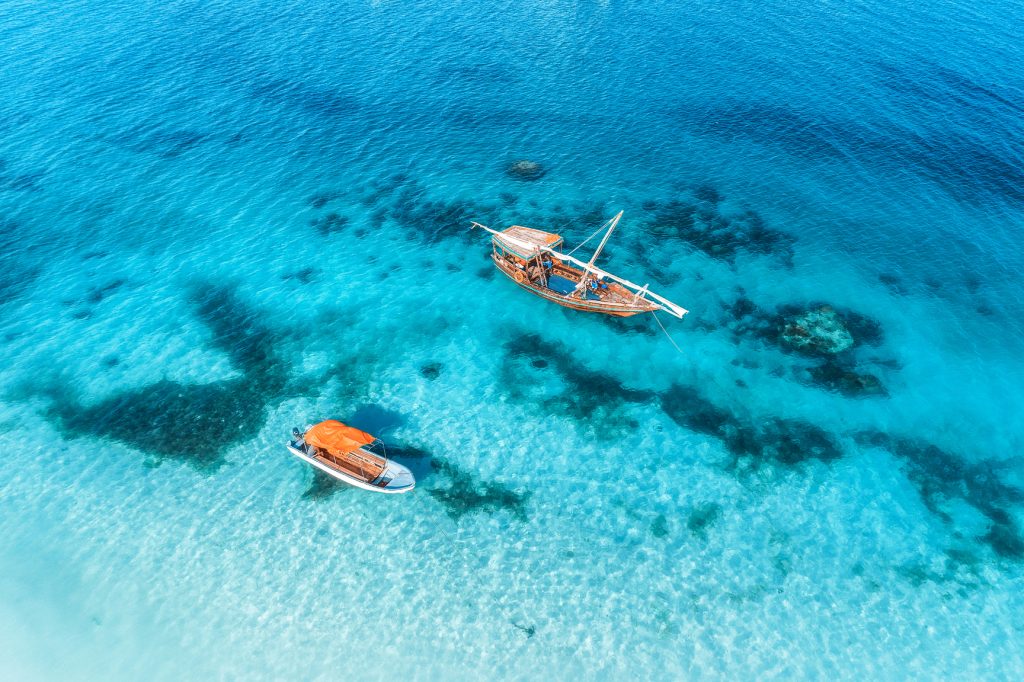
Over two years I saw a lot of the world. We made many of those trips by way of the gold service on the blimp Comrade Stalin.
The first class accommodations are impeccable. On one of these trips I came down with a mysterious illness spanning symptoms of extreme fatigue, headache, painful bowel and urination. By dinner bell, I exhibited jaundice. I couldn’t finish dining. I remained in bed until the Stalin reached Athens. I was taken directly to hospital where the doctors examined me and administered a couple tests. They found nothing. At least, this is what they told me. I saw them speaking confidentially in the hall with O’Brian and he nodding. When O’Brian came into my room he mentioned nothing of what they told him, and it enraged me that, even with my own health, and my dealing with whatever he put up me, he was still our only concern.
I remained in hospital for ten days and gradually recovered from my mysterious illness that O’Brian possessed more knowledge of than did I.
At that time, I returned home alone, and presumably another of O’Brian’s toys joined him for his trip to Vietnam for another economic conference. Much to my surprise upon landing home, I discovered first from the front page of Truth & Conviction that the invisible superiors or Big Brother had decided that the people of Britain could let slip the name Oceania and pick up the old names of Britain and London.
As a former member of the Ministry of Truth I wondered long and hard what this meant in the change of political winds.
I also wondered if my job as O’Brian’s toy was now ended.
I was well aware that he did not love me. How could he when I behaved the way I did? I had fallen dead inside, and I cared about nothing. I could not bring myself to feel enough about my position and my future and my returning to the trash collection to flirt with him or to put on an act in bed with him behind me. I did not enjoy that prison barred by palm trees and turquoise shores. His bumping and skirmishing behind and biting my bum left me sick and dead cold.
One time, O’Brian yanked on his pants and put the tine through his belt hole and said impatiently, “You could at least act as if you like it!”
I burned on my own. What did he really want?
“You don’t care if I enjoy this,” I observed.
This quieted him. He set his cuff links in the illumined bathroom mirror as he suddenly apprehended the crystal veracity of this.
It grew so still we heard the surf of the Cinque Terre.
“So . . . I suppose that is correct.”
He emphasized suppose as if he was still unsure what this implied.
He left without me for the dinner. I took my time dressing in uniform and then leaned on the balcony studying the sea far below and the path across the surface to the black horizon under the moon. I tallied in my mind the pros and cons of humiliating myself and going down. My emotions were in literal war. My throat, my heart, my diaphragm coalesced in a single steel bar of revulsion for myself and the image of the faces round our table if and when I finally degraded myself to follow my “lover” down, tail between my legs. I did go down. My face scorched as if from sunburn. My throat clenched so hard and dry I felt any moment thin vomit would force its way to the back of my mouth. Any tart comment from one of those Party cardinals or their wives or toys and my flaming humiliation would have aimed a fork at an eye.
I knew all this. That I could lose “favor”. That I could be sent back down from the Comrade Stalin to hoist ash bins leaky with refuse. Worse, back to raw humiliation for my choices without the consolation of perquisites and the beauty of the best places in the world. Apparently, Fate believed that I hadn’t suffered enough. And O’Brian set his hairy legs behind me to point it out, each day. Me, pretending only half of it was real life in idylls having diplomatic relations with the Union.
My self-discipline had run aground on irremediable self-loathing. So hard was it fixed that no threat in Oceania terrified me.
____
I was five months living in O’Brian’s villa while it was in full-out renovations. For that reason I actually stayed in the pool guesthouse.
It was modest enough that my feelings of hypocrisy subsided.
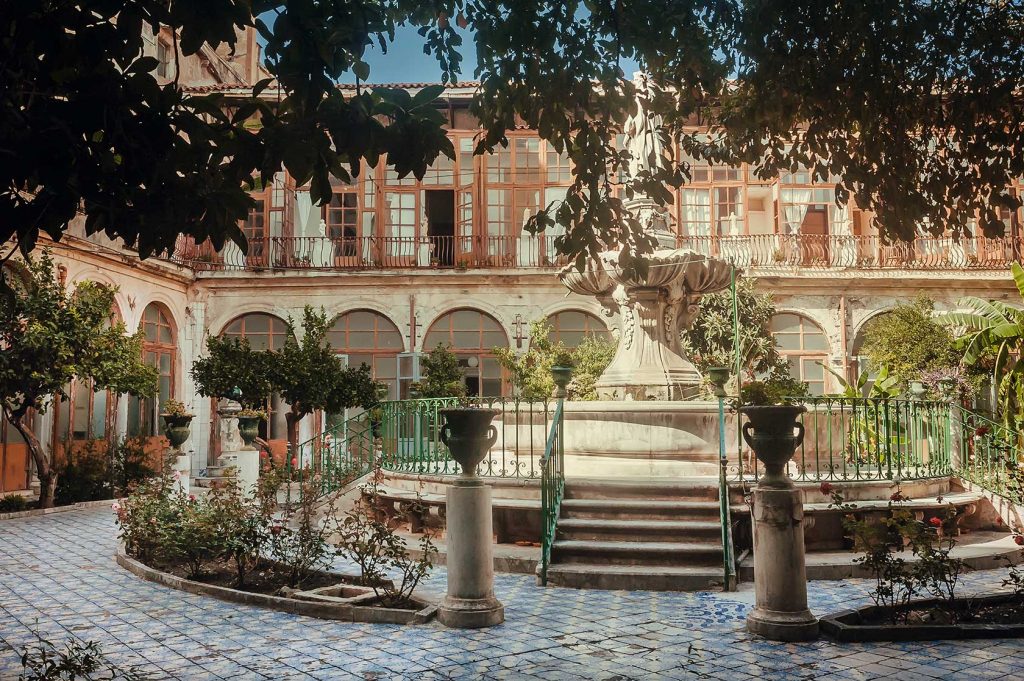
I chose to make political interpretations from the extent and obvious cost of the renovations, the much larger indoor-outdoor pool and the choicest materials for double doors, wood trim, chandeliers, flooring and the same gorgeous North African tilework O’Brian used in his grand Libyan villa. I decided the State and Big Brother must be increasingly confident in their consolidation on power now if they cared just shit about appearances where their villas and lifestyle were concerned. The splendor of O’Brian’s house and grounds taking shape around me filled me with despair. What chance was there for the rest of us if Oceania was this brazen? The workmen labored from sunrise to sunset fabricating lovely architectural art. Each work cycle shackled my mind with another layer of hopelessness that God surely had abandoned us.
It was so corrupt and unfair. I relived the disappointment that both my parents died so early that I could never whisper in their ear to please tell me how this world of inverse morals had toddled into reality. Couldn’t people see it coming?
Don’t monsters like this make their existence known?
Of course, I had to stop writing.
I couldn’t leave these ideas traced out.
I had gone too far in my hatred for O’Brian and the Party and how one helped the other take everything for the sole purpose that they could have fun and no one else could. I despised them for being the sort of people that probably could have found an honest way to come by this luxury so that others could experience it too. Certainly, if they brought all this destruction—weren’t they capable of the inverse? I assumed they had destroyed much that had been based on seeing the unending fear in my parents’ eyes. I knew even so young something was amiss. This could not be right. Before O’Brian, the Ministry of Truth, burning pictures and papers to hide lies. People were not built such that the fear I saw could be the norm—and now, as O’Brian’s plaything I saw what the remarkable facade of deceit was singularly used to hide.
For all this I loathed O’Brian more.
When O’Brian’s dream house neared completion he called me long distance from Hong Kong. He sounded happy. He told me breathlessly how spectacular the island peaks looked jutting over the rough cobalt of the channel.
“How is the house, darling?”
The endearment shocked me. My hate spiked.
“It’s coming along perfectly,” I said, inserting a soft smile.
“I miss you.” He was flirting, for God’s sake.
Instinct compelled me to follow his lead.
“I thought maybe you were bored with me.”
“Oh, maybe for a while. We have history. I told you.”
We hung on the line together.
“I’m headed to Sicily. Meet me.”
His voice was mysterious, like a little girl. It seemed ridiculous, this tenderness I’d never heard coming from this large political enforcer. That he was getting older must be the only explanation. I remembered the buffalo bull in Tanzania when guides told us the lions only pulled him over in a blaze of dust because of his age.
“Aren’t you anxious to see the house?”
The fucking “house”, like it was ours.
And we were a fucking couple.
“After. Sicily first. I want to show you a special place.” He sighed. “Will you be excited to see it?”
I smiled. “Of course.”
____
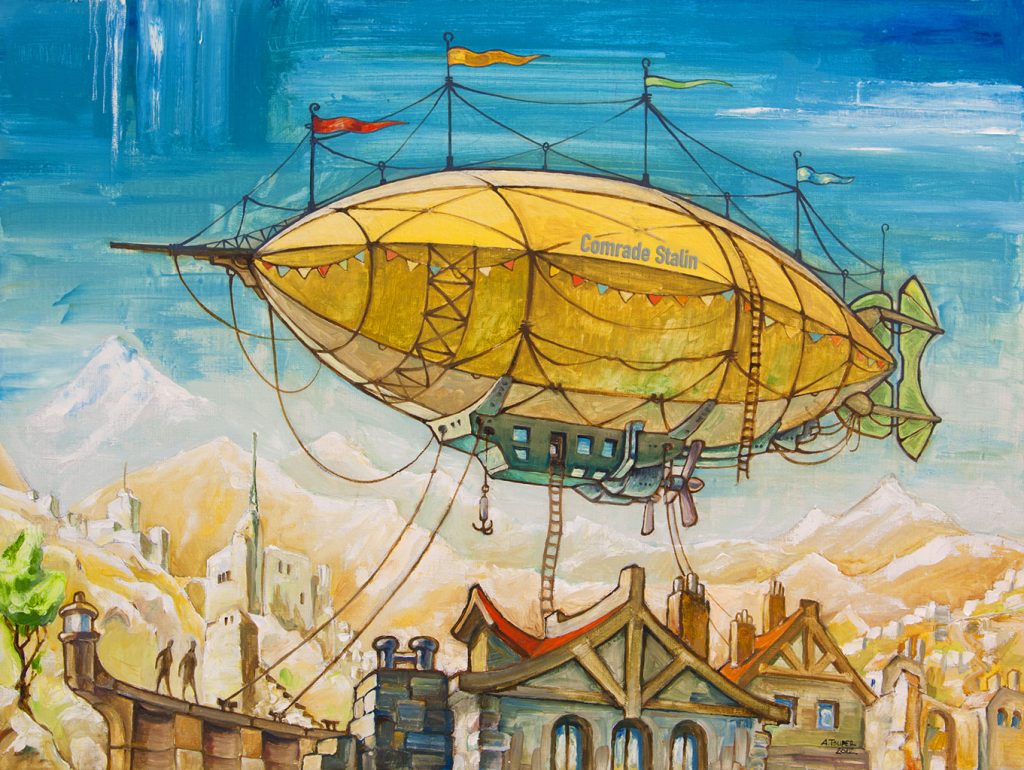
We crossed on the Comrade Stalin again.
The first night out I came upon O’Brian and a friend he had made armed with cocktails playing ping pong in the Recreation Room. I heard raucous laughter. When I opened the door I saw the “net” was the athletic naked body of a blonde male steward that earlier both men had been flattering.
O’Brian told me a special surprise was on board. I believed maybe he was going to present me with some sort of a diamond bracelet in a flute of champagne arriving with dinner. Each meal, the gift never came.
I came to realize the accommodations in the Stalin had altered. The salon was truncated and a conspicuous nautical door with the typical rounded corners stood in the new bulkhead that shortened the salon. There were fewer chrome rails and velvet observation chairs and sofas. Not until the second day of the voyage did I see the change and realize that the new bulkhead’s padded silk upholstery probably hid a magnificent state room. I couldn’t imagine why else the grandeur of the Party’s flagship dirigible would be compromised. Who was on the other side?
That evening, I tarried on the observation deck with my Pappa Doble cocktail in hand, taking in the views of the Sardinian coast floating below. Part of the observation deck extended out in a bay port and starboard. There, I twisted the aluminum latch and leaned out the pane into the turbulent breeze. I put aside my cocktail on a side table bolted into the salon carpet then leaned my torso out into the wind snapping past the bulk of the airship. I peered sternward to see in the windows in the rear compartment. The angle of the sun pouring in behind made it possible for to me to make out a man with arms behind him similarly taking in the coastline.
He was in his seventies with thick mustaches, brush cut white hair and a short, thick torso that bespoke endurance and menace. At first I thought it was Comrade Stalin risen from the dead! But there was something more familiar about him.
It wasn’t Stalin. . . . It was Big Brother!
So this was O’Brian’s surprise.
We were all bound for Sicily together for probably what was to be the single-most significant conference since the turn of the world.
____
The presence of Big Brother created palpable excitement.
Part of me doubted he was ever even real, if you remember. I believed he was a device, a boogeyman talisman, fashioned only to terrorize us children.
But he was actually here, in Sicily. None of us, wives and toys, were permitted to go along with our partners to the functions where he appeared. Was there a crisis in the war? Was his visit just an appearance or was state policy being developed? I saw O’Brian only in the late afternoons when we did some touring or enjoyed a luncheon in a coastal cafe, or in the evening every other night when a state dinner was not scheduled. I never saw O’Brian happier. Except for one awful problem.
At one lunch, we were joined by Comrade Felancon from Madrid and his female toy and his son and wife. We ate roast sardines and a light tomato-based shellfish stew and bottle after bottle of ice cold proseco. Felancon and O’Brian were carrying on an intense grudge. They argued and competed over everything. The last debate they were engaged in was the stature of Joseph Heller’s Catch-22 and how important this genre of anti-military Leftist literature had been in undermining the moral strength of the West in resisting the incursion of the Party into hemispheric politics.
“Heller was a Communist,” Felancon insisted as if O’Brian were stupid for not knowing this tidbit about the author.
“No, Felancon. He was a Socialist.”
“Well, what’s the difference at this point?” The Spaniard opened his arms and took a look around emphasizing how all the West was clearly Socialist.
“He was not a Party member!” O’Brian complained.
“He’s still a major figure, you dolt!”
The two glared at each other. Each settled back in his chair and removed the leather cigar commodes from inside their black tunics. The remains of lobsters covered the long table. They prepared their smokes in hostile silence and looked out over the balustrade with the awning nodding over the azure of the sea. To the right nosed a thin sailboat that was taking members out for twilight excursions. It too rode in the clear water that way as if on air floating over its uneven shadow on the bottom.
Like my first time seeing Spain.
It was that evening during cocktails that the two egoists got into a shouting match over some other mercurial point of revolutionary literature. They became so enraged that the two twisted fistfuls of each other’s tunics and campaign medals as they hollered nearly mouth to mouth. They were taken apart by friends, and I wonder if maybe the presence of The Man himself put them up to trying to outshine each other during this brief and maybe never-to-be-repeated opportunity.
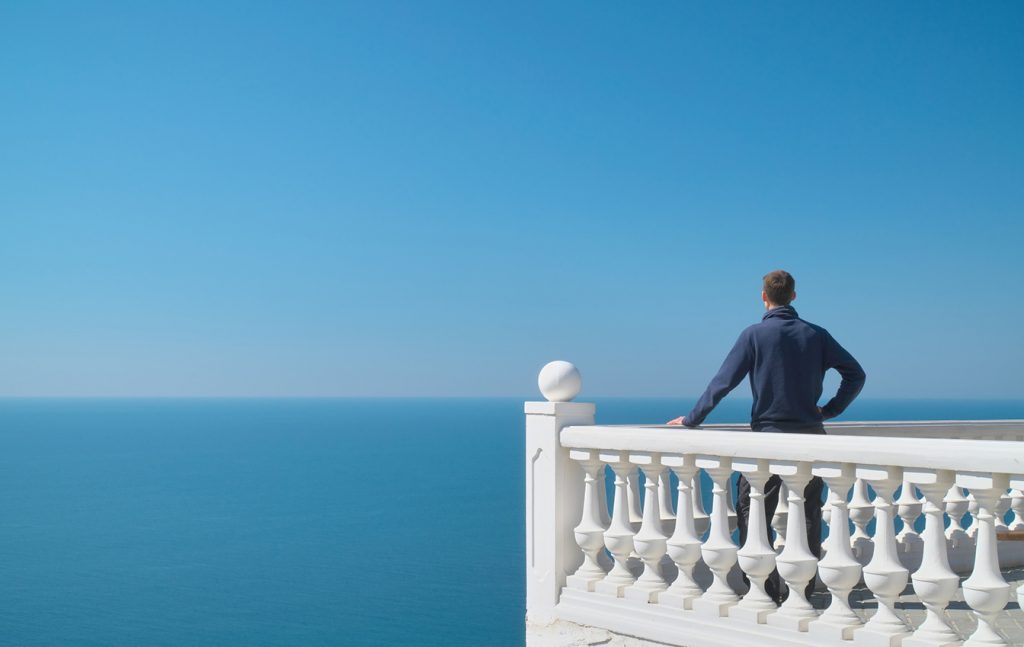
The standoff became even more difficult given that Comrade Felancon and his outfit were roomed one suite down from us in the same hotel. I saw him late nights alone on his balcony enjoying a cigar. I made out the orange dot traveling up and down as he meditated on the murmur of surf far below.
____
The local police found the bodies on the rocks.
The State Security officers investigated as well. Even Big Brother came out onto Felancon’s terrace to take a look at the bodies. He made some sort of benediction with his thick hand that I could not translate and left through the living room after a period that paid too little respect. I supposed the two officials meant enough to the State apparatus to warrant checking on them with his own eyes.
Certainly the deaths came as a shock.
What the local police told the resort staff was that obviously the two men had escalated their quarrel after the big dinner. When each returned to their suites, they well knew their antagonist was scant feet away where they could have another crack at each other and maybe even sneak up to surprise him.
O’Brian apparently went for Felancon over the other’s balustrade and they lost balance so they plunged in each other’s clutches onto the mossy rubble. Their skulls and limbs were badly wrecked by the fall. But the local police were quite satisfied given all the witnesses to the escalating situation over two days. The State Security officers were probably inclined to put in more of a show for the sake of the reputations of the two men. I saw them carefully inspecting a patch among the rocks directly below the balcony of our suite. They were down there nearly two hours and then made their way up the demanding zig-zag steps carved into the cliff.
I was packing my valise when they came into the suite unannounced. Three of them. They did not look happy, but then why would the State police?
Seeing them reminded me of the boots up the stairs long ago.
“What happened to your face?” one asked me.
“My friend enjoys rough play.”
He seemed embarrassed, hostile.
“What was he doing, exactly?”
“Choking my throat. He hit me here.” I showed him. I didn’t have to show him. The purple pink bruise was prominent.
“How long were you—lovers?” He followed curiously the progress of his partner who slung his leg over our balcony and dropped down to the dirt on the other side. The two of us went to peer over at what he was looking for.
“We were together for four years.”
“It was consensual? You with him?”
I steered my head to say of course.
The man below took to his knees. He reached inside his blouse for a magnifying glass. “What are these scuff marks?” He peered closer.
I didn’t see any scuff marks. “What scuff marks?”
His partner beside me squinted too.
The fellow below showed nothing, but kept looking.
“The problem is,” said the fellow next to me, “below, on the rocks, there appear to be pieces where Comrade O’Brian burst. And if he landed there—then, how did he drift over to the spot there beneath Comrade Felancon’s suite?” I saw him rove over my facial highlights carefully again.
I frowned and shook my head.
Three of the local Sicilian cops strolled onto the terrace with folded hands as if shy they were crashing our party. One with a mustache and gold epaulets smiled cheerily at me. They seemed quite impressed with the hotel.
“This is a shoe print!” said the one below.
“I climbed after the Comrade’s lighter,” I told him.
“He dropped it?” asked the officer next to me.
I nodded at the Sicilian cop, who shrugged at me.
“He dropped it,” the Sicilian cop said.
The officer below started picking his way along the bottom of my terrace studying the soil between patches of grass and flowers.
The Sicilian gazed down at the two Security officers still nosing around the rocks where pieces of O’Brian had been found. The Sicilians started speaking in Italian to one another about the men below. They spoke for some time about a variety of topics. The depth of the conversation began annoying the officer with me.
“What is it you are talking about?” he said.
“Your men, what are they finding?”
____
O’Brian died three years ago.
I’ve lived in the pool house ever since. Another Comrade took possession of the house within a few months of the completion of renovations. This Comrade, Daladier, met me numerous times at functions with O’Brian. Daladier travels a great deal too and wanted a pension overseas. He asked the Party if he could take possession of the house in Tripoli as well and then asked if I would stay on to caretake both properties for him and his wife. I agreed and he made the arrangements.
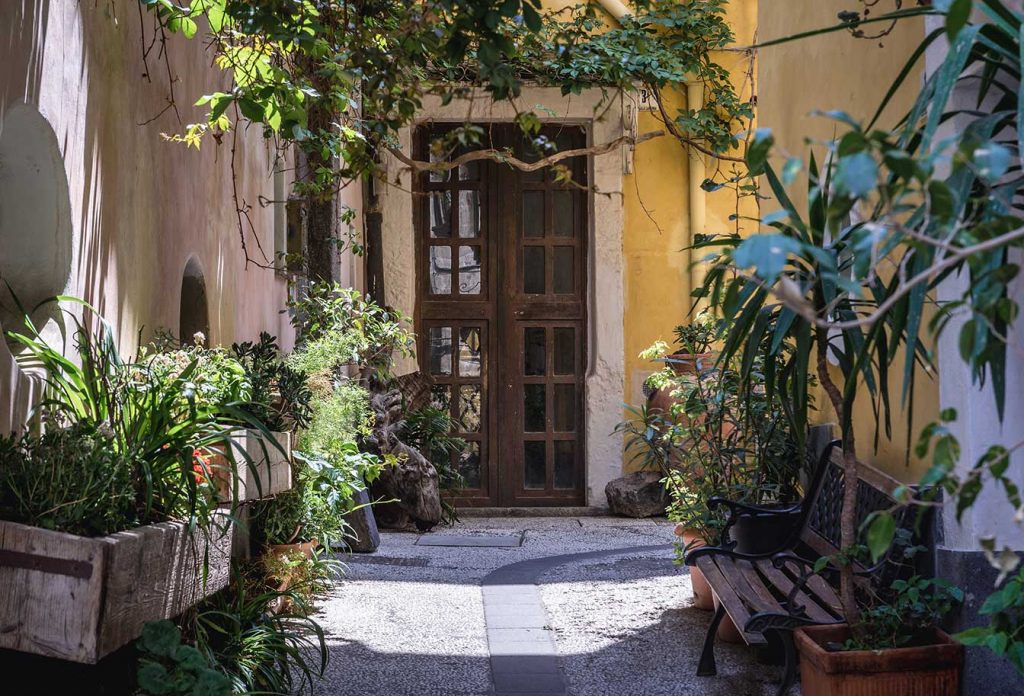
The same Security officers came to visit me twice more to ask me about what exactly happened that night and how they found O’Brian.
I guess they didn’t like what the Sicilian cops urged them to understand about hunks of meat and corpses left open along sea water.
“Crabs, and turtles! They swish-swish! Carry all over!”
The Sicilian cop had spoken to me with the same partisan assurance that he gave the security officers. Like I was security too. Like he had to convince me of the same facts of coastal marine violence. Turtles and crabs. And tide.
I never forgot that cop.
I guess I could ask, “Why me?”

Leave a Reply